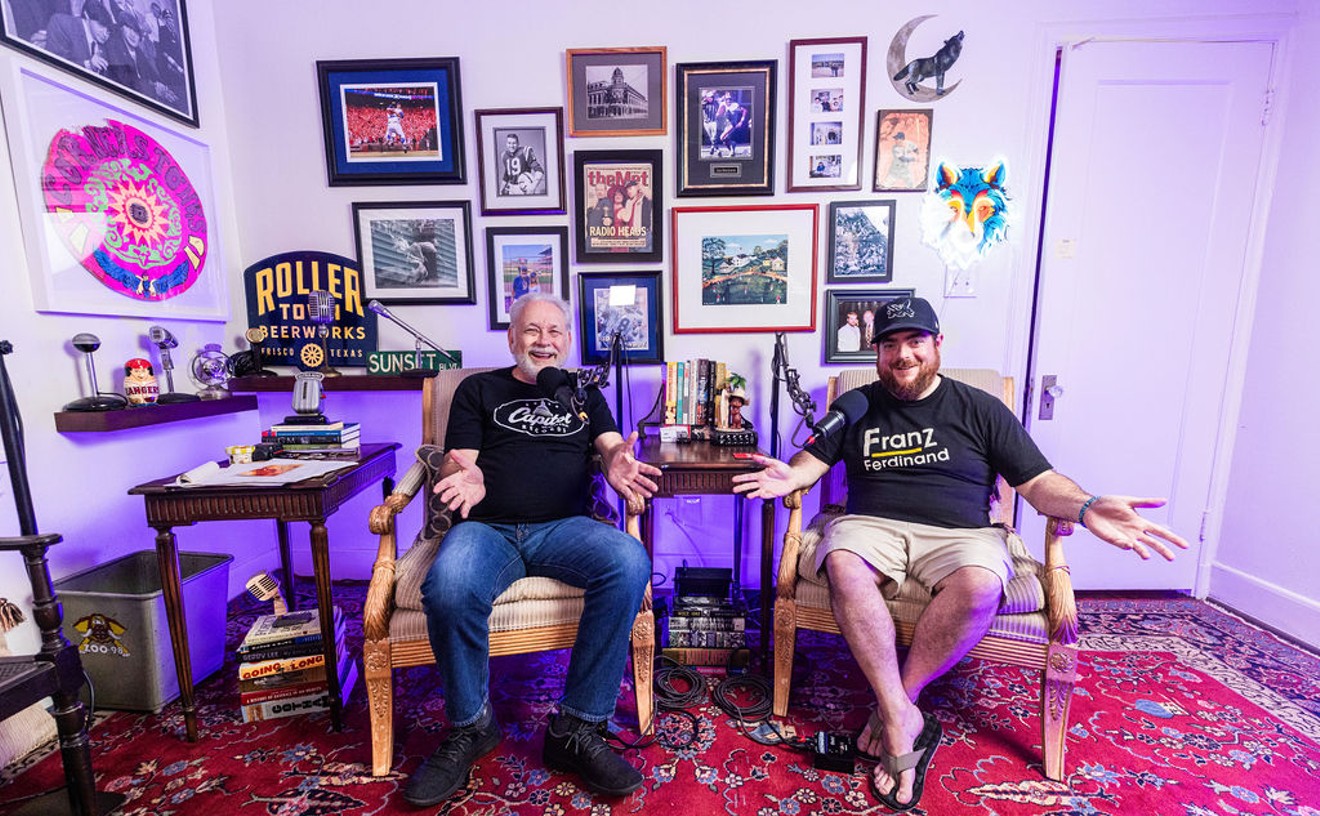A Texas law designed to help parents more closely monitor their children’s social media consumption went somewhat into effect over the weekend, despite a portion of the law’s requirements being blocked by a federal district judge last Friday.
Judge Robert Pitman blocked a portion of House Bill 18, otherwise known as the Securing Children Online through Parental Empowerment Act, after finding unconstitutional a provision that would force social media companies to remove harmful content from the feeds of minors. Other details of the law, such as requiring social media companies to obtain parental consent before issuing an account to a minor, did go into effect.
The injunction was granted after two technology industry companies — Computer and Communications Industry Association and NetChoice — filed a suit in July that argues that HB 18 violates First Amendment rights by monitoring and censoring speech on social media. A second lawsuit, launched by the free speech advocacy group the Foundation for Individual Rights and Expression (FIRE), takes a swing at the entirety of the law. “Texas has jumped on the misguided bandwagon of recent efforts to childproof the internet,” its suit, which is still in the briefing stage, states.
“There's substantial overlap between the two cases, but one of the things that distinguishes them is the fact that we are seeking to have the entire law blocked and not just the portions that were enjoined on Friday,” FIRE Chief Counsel Bob Corn-Revere told the Observer. “This law, like many of the other state laws that have been similarly enjoined around the country, is very well-intentioned, but it is a simplistic solution to a really complicated issue.”
Pitman is also the judge overseeing FIRE's lawsuit, which Corn-Revere said should begin moving forward on a "fairly fast timeline."
The SCOPE act was championed by State Rep. Shelby Slawson, a Republican from Stephenville, and it received overwhelming support last year, passing 125-20 in the Texas House. Slawson said the bill was written to provide “guardrails” to the digital landscape offered to teenagers.
“Our children are experiencing all manner of harms via overexposure to digital platforms and predatory algorithms, manifesting in increased rates of self-harm, suicide, substance abuse, sexual exploitation, human trafficking and other mental health issues,” Slawson said in a social media statement after the bill was passed by the House. “Texas parents have had enough.”
In a committee hearing last year, Slawson specifically referenced the Dallas teenager who was found locked in a North Carolina shed after she was "enticed" to leave home by a 34-year-old man through social media messages as an example of the law's necessity. But House Bill 18 targets content, not communications, on social media.
The bill specifically seeks to shield teens from social-media content related to topics such as self-harm, eating disorders, substance abuse and grooming. But Corn-Revere is concerned that the bill is an overcorrection and will keep teenagers from accessing beneficial information as well as the harmful content it is meant to target.
He believes that those are topics that young people "desperately need information on," and that social media has been a productive platform for communication and the dissemination of information.
Age-based regulation is standard in the private sector of media — both movies and video games are distributed with an age-based rating system meant to advise parents to the content’s appropriateness — yet governmental regulation has historically posed a constitutional problem. In the early 2010s, when dialogue surrounding the correlation between violent video games and violent teenagers reached a fever pitch, California attempted to block minors’ access to violent games. The Supreme Court ultimately struck the effort down, stating that the government does not have the right to "restrict the ideas to which children may be exposed."
For that reason, Corn-Revere believes that precedent is on the side of FIRE’s case.
“It's well and fine, and it's a good thing for the [technology] industry ... to provide tools for people to tailor their media usage to their own needs and their own household demands,” Corn-Revere said. “But it's quite another thing to create a one-size-fits-all government mandate to do the same thing.”
It is not clear how social media companies will respond to Texas' new mandate. So far, despite the introduction of similar measures by other states, the technology companies haven't had to follow through thanks to First Amendment challenges.
"While we strongly agree with the underlying intent of the bill, we oppose the bill as filed," Antigone Davis, a Meta spokeswoman, told Fox4.













